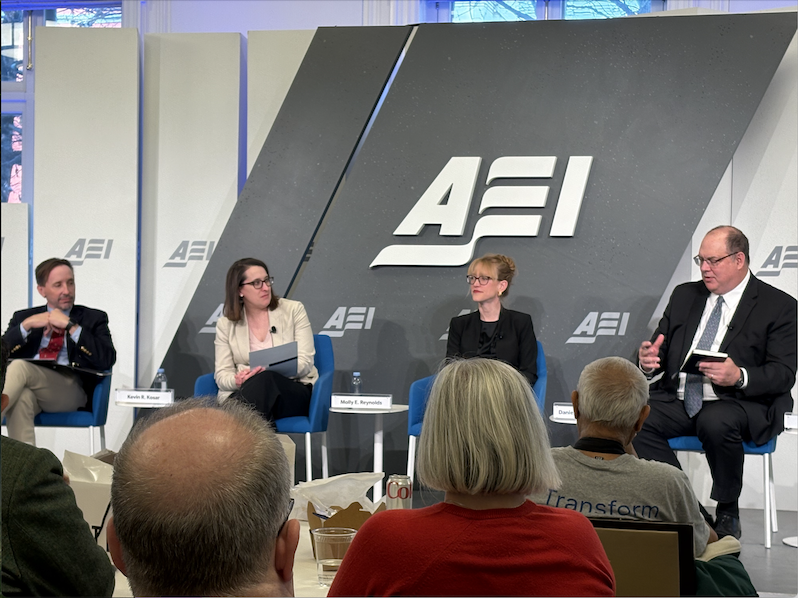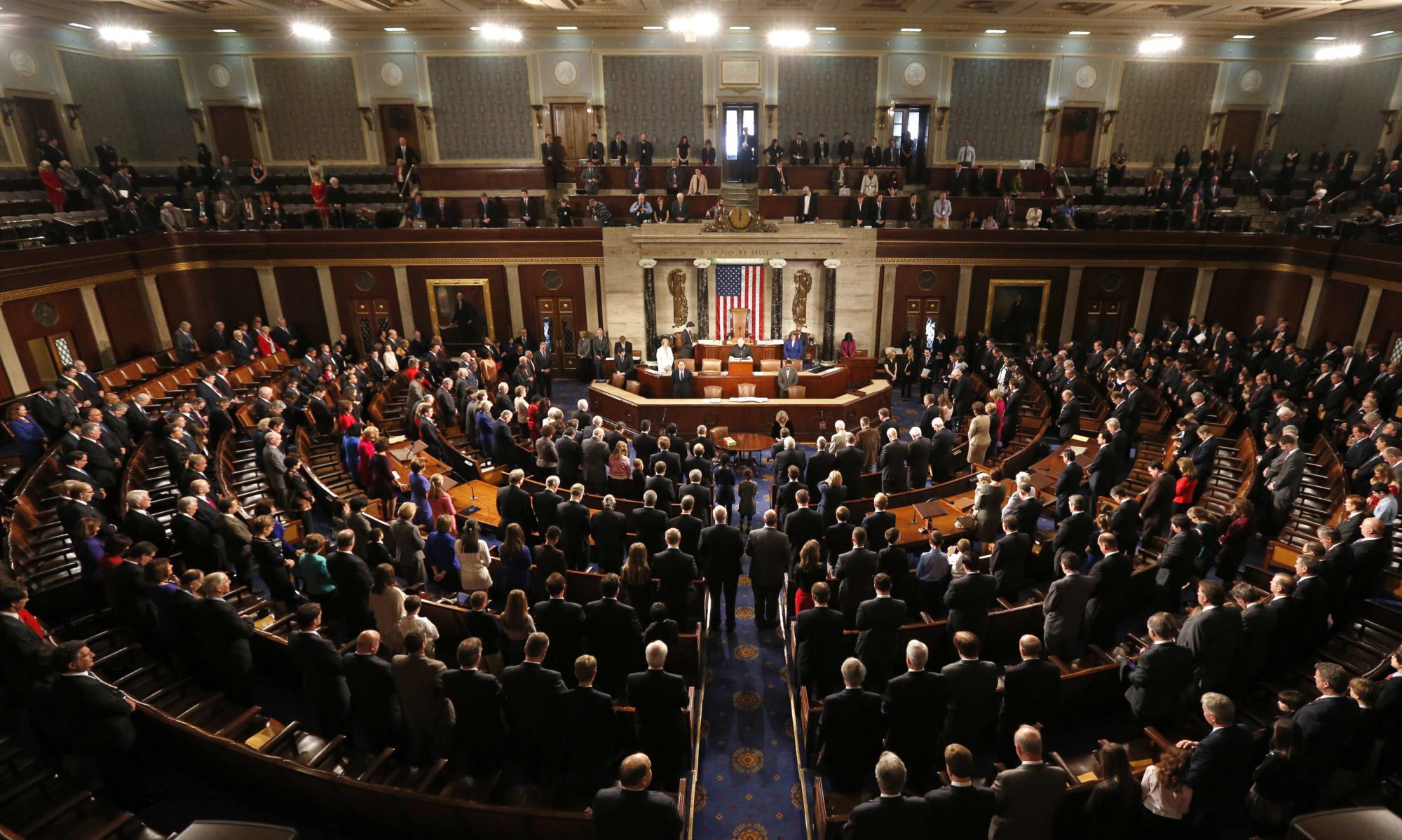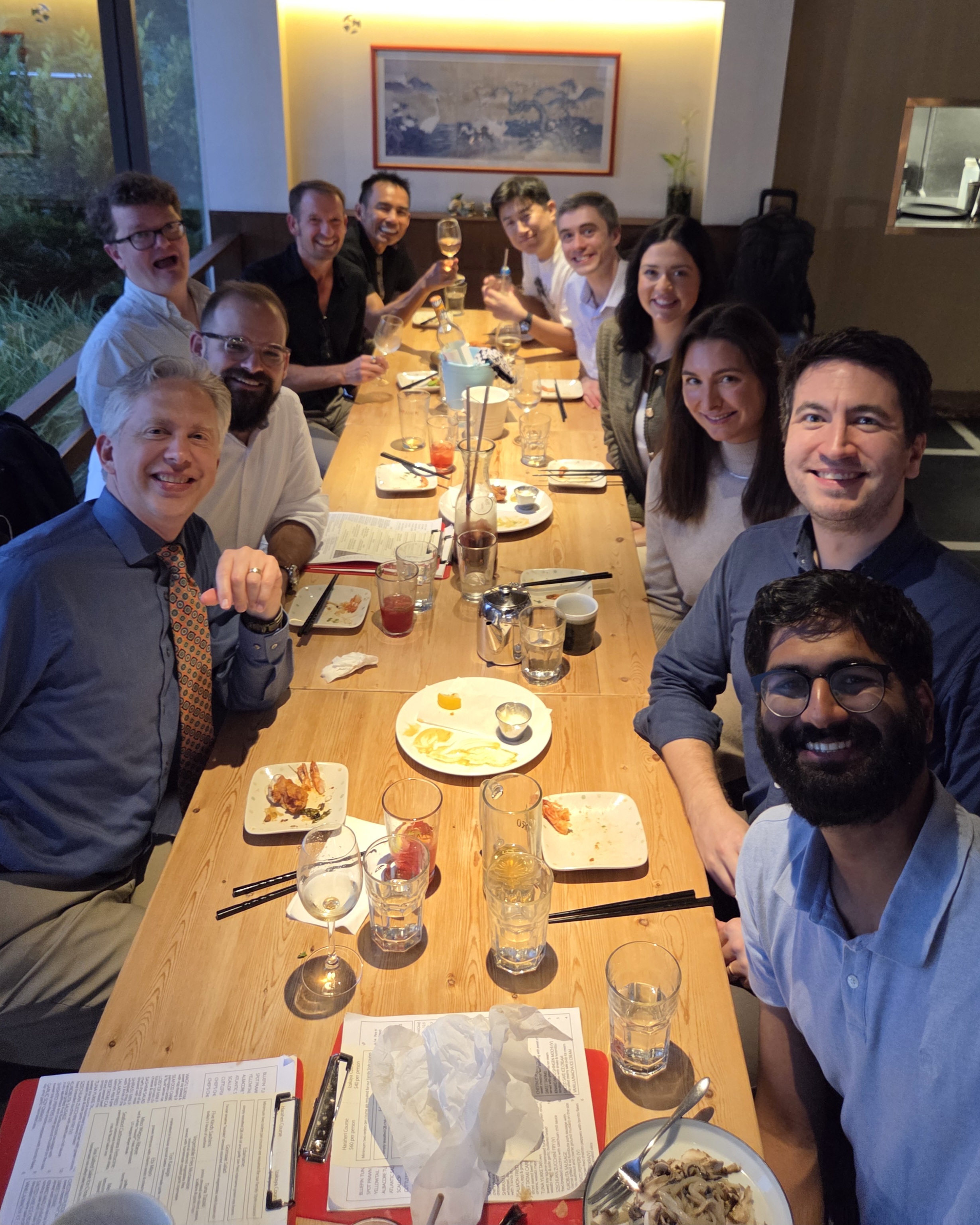The Money Signal—How Fundraising Matters in American Politics
(l-r) Kevin Kosar, Molly Reynolds, Danielle Thomsen, and Daniel Stid. The Money Signal—How Fundraising Matters in American Politics Thursday, December 11, 2025On Thursday, December 4, 2025, the American Enterprise Institute (AEI) held a panel discussion to mark the publication of a book written by Danielle M. Thomsen, Professor of Political Science at the University of California, Irvine and Center for Effective Lawmaking (CEL) faculty affiliate and advisory board member. Titled “The Money Signal—How Fundraising Matters in American Politics,” the book examines how congressional fundraising has changed over the years and…











